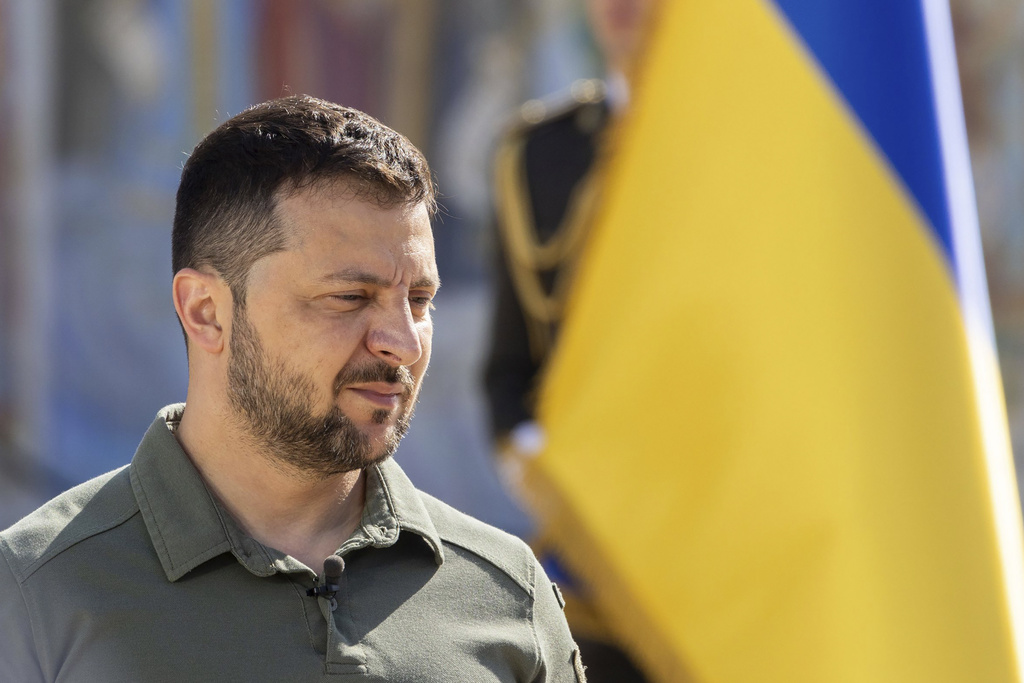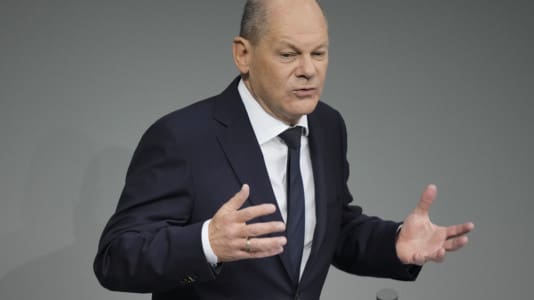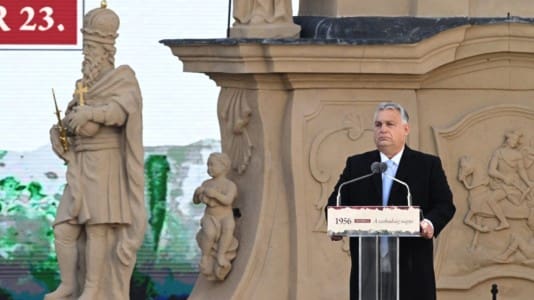The arrogance of Ukrainian President Volodymyr Zelensky is causing problems with Kyiv’s allies and he believes that, as his country is at war, he can do anything, his former adviser has claimed.
In a bombshell interview with Polish news outlet dorzeczy.pl, Oleksyi Arestovych slammed his former boss for his increasingly overbearing behavior and believes he has fallen victim to delusions of grandeur and a belief that he is all-powerful.
Arestovych cited Zelensky’s response to the ongoing diplomatic conflict over the dumping of Ukrainian grain as an example, accusing the president’s office of “behaving as if it has a decisive voice in the European Union rather than being a country aspiring to join the bloc.”
The former adviser, who himself is a possible candidate in any future Ukrainian presidential election, expressed his fear that Zelensky “has become deluded into thinking he now rules the globe.”
His diplomacy concentrates on making demands and using moral blackmail to claim Ukraine is fighting for the West, said Arestovych, who claimed this tactic may have been successful at the beginning of the conflict but is no longer effective.
“The West is increasingly irritated by Ukraine’s arrogance,” he added.
Arestovych claimed that Zelensky’s behavior had led to tension among Kyiv’s closest allies including Poland and Romania, while its relations with the U.S. and the U.K. have also cooled.
The West will continue to support Ukraine because it is in the West’s own interests to do so, but it may well stop supporting the current Ukrainian government and back an alternative, he warned.
However, Arestovych was dismissive of the argument that Ukraine was colluding with Germany against Poland, claiming that this is only purely due to the fact that Ukraine has no clear foreign policy under Zelensky.
Ukraine wants Germany to be a counter-balance to Russia and that is why Ukraine backs its ambitions of securing a permanent seat in the UN Security Council, the former advisor told the Polish news outlet.
Arestovych admitted that Poland could have gotten more out of Ukraine on issues related to the Volhynia massacre by pursuing a more transactional policy towards the country, but that would not have been beneficial to it in the longer term. “Even if Zelensky is ungrateful for all the help selflessly offered by Poland, Ukrainian people are grateful and that will be more important in the longer term,” he assured.
The Ukrainian expressed his desire for his country and Poland to set up a joint grain exchange in order to resolve the ongoing spat over grain exports; he also claimed that Ukraine should unblock exhumations of Polish victims in Volhynia, calling it a scandal that Germany is allowed to exhume Wehrmacht soldiers on Ukrainian soil while Poles are blocked.
He also favored a close security alliance between Ukraine in Poland arguing that the two countries together would be capable of giving security to Europe because of the size of their armies, but he clarified that this would only be possible after Ukraine had won its war with Russia.
Turning to the ongoing conflict, Arestovych praised the recent Ukrainian counteroffensive, which he claimed had succeeded in hurting Russian forces, but conceded it had not resulted in significant territorial gains and had come at the price of heavy Ukrainian casualties. He called for Ukraine to now dig in for the winter in anticipation of a lull in Western assistance and warned that the Ukrainian economy is incapable of sustaining the current costs of the war.
This is why Arestovych backs the Kissinger plan of accepting a territorial moratorium for a number of years in exchange for NATO membership. In this way, Ukraine could rebuild its economy and wait for things to change in Russia. He is convinced that as the awareness of more and more young men dying on the frontlines grows, the enthusiasm for continuing the war in Russia will diminish.
He denied that the war in Ukraine is one between Russia defending conservative values and Ukraine defending Western liberal values. Russian conservatism he feels is limited to homophobia fuelled by a popular criminal Russian subculture in which gays are hated.
But he acknowledged that Ukrainian moves, such as the signing of the Istanbul convention with its gender ideology and having a trans person as spokesman for the territorial army, have put off conservative opinion in the U.S. He also said that Ukraine is highly religious, with 78 percent declaring a belief in God.
Arestovych expressed a willingness to open a dialogue with Russia’s opposition and reminded that there are millions of Russian speakers in Ukraine whom the country should not aim to alienate.






